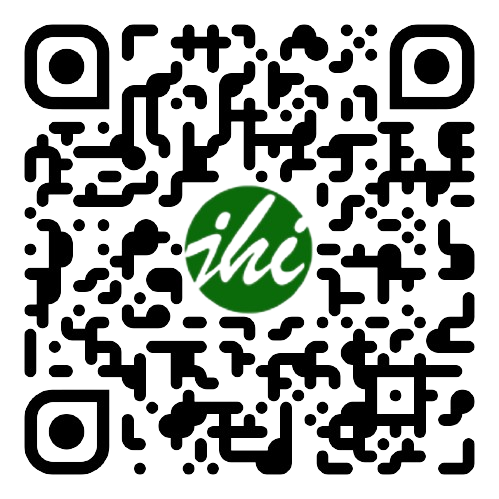Politik Hukum Islam dalam Pengaturan Tentang Kesusilaan di Indonesia (Studi UU Nomor 44 Tahun 2008 Tentang Pornografi)
DOI:
https://doi.org/10.28918/jhi.v16i2.1745Abstract
This article tries to explore how the influence of Islamic law politics in drafting Law No. 44 of 2008 on Pornography. A qualitative approach was employed in this study. The treatise of Indonesia’s Pornography Law was collected as the primary data. The findings expose that there was the effect of Islamic law politics in drafting Law No. 44 of 2008 on Pornography. It can be noticed from the active involvement of Islamic political parties in parliament and the House of Representatives (DPR) members from the nationalist parties possessing an Islamic background in promoting the law enactment. Likewise, the Indonesian Ulema Council (MUI) and Islamic mass organizations also actively encouraged the issuance of this law. Another result highlights that there was a strong debate between political fractions in the DPR, including the Gerindra Party (PG), the United Development Party (PPP), the Democratic Party (PD), the National Mandate Party (PAN), the National Awakening Party (PKB), the Democratic Vanguard Star (BPD), the Star Reform Party (PBR), the Prosperous Justice Party (PKS), and the mass organizations that proposed the ratification of the Pornography Law draft, and other fractions, namely: the Indonesian Democratic Party of Struggle (PDIP), the Prosperous Peace Party (PDS), and the mass organizations that supported the refusal of the law draft ratification.
Downloads
Published
How to Cite
Issue
Section
License

This work is licensed under a Creative Commons Attribution-ShareAlike 4.0 International License.
Jurnal Hukum Islam use a variety of waivers and licenses that are specifically designed for and appropriate for the treatment of data:
- Open Data Commons Attribution License, http://www.opendatacommons.org/licenses/by/1.0/(default)
- Creative Commons CC-Zero Waiver, http://creativecommons.org/publicdomain/zero/1.0/
- Open Data Commons Public Domain Dedication and License, http://www.opendatacommons.org/licenses/pddl/1-0/
Other data publishing licenses may be allowed as exceptions (subject to approval by the editor on a case-by-case basis) and should be justified with a written statement from the author, which will be published with the article.













.png)














